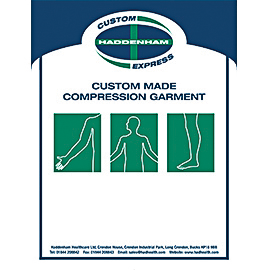
Custom Goldpunkt
Made-to-measure garments for the upper and lower limbs. Comprised of very firm but stretchy, flat-knit fabric.

The professional's guide to wound product selection

Made-to-measure garments for the upper and lower limbs. Comprised of very firm but stretchy, flat-knit fabric.
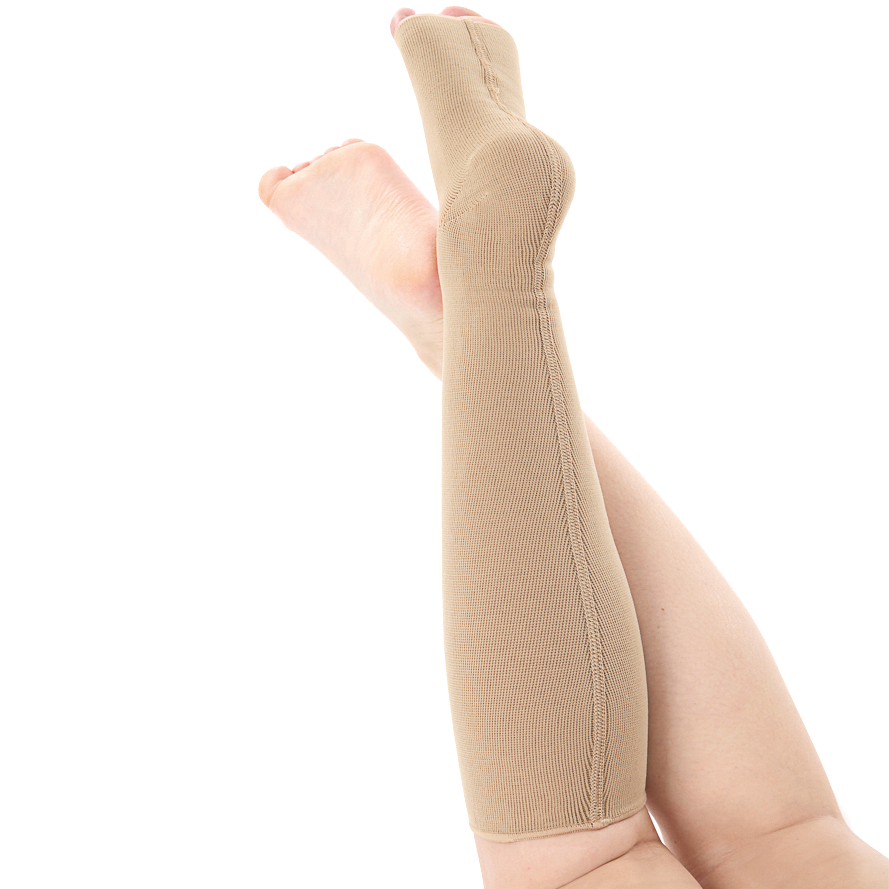
Made-to-measure compression garment for the upper and lower limb
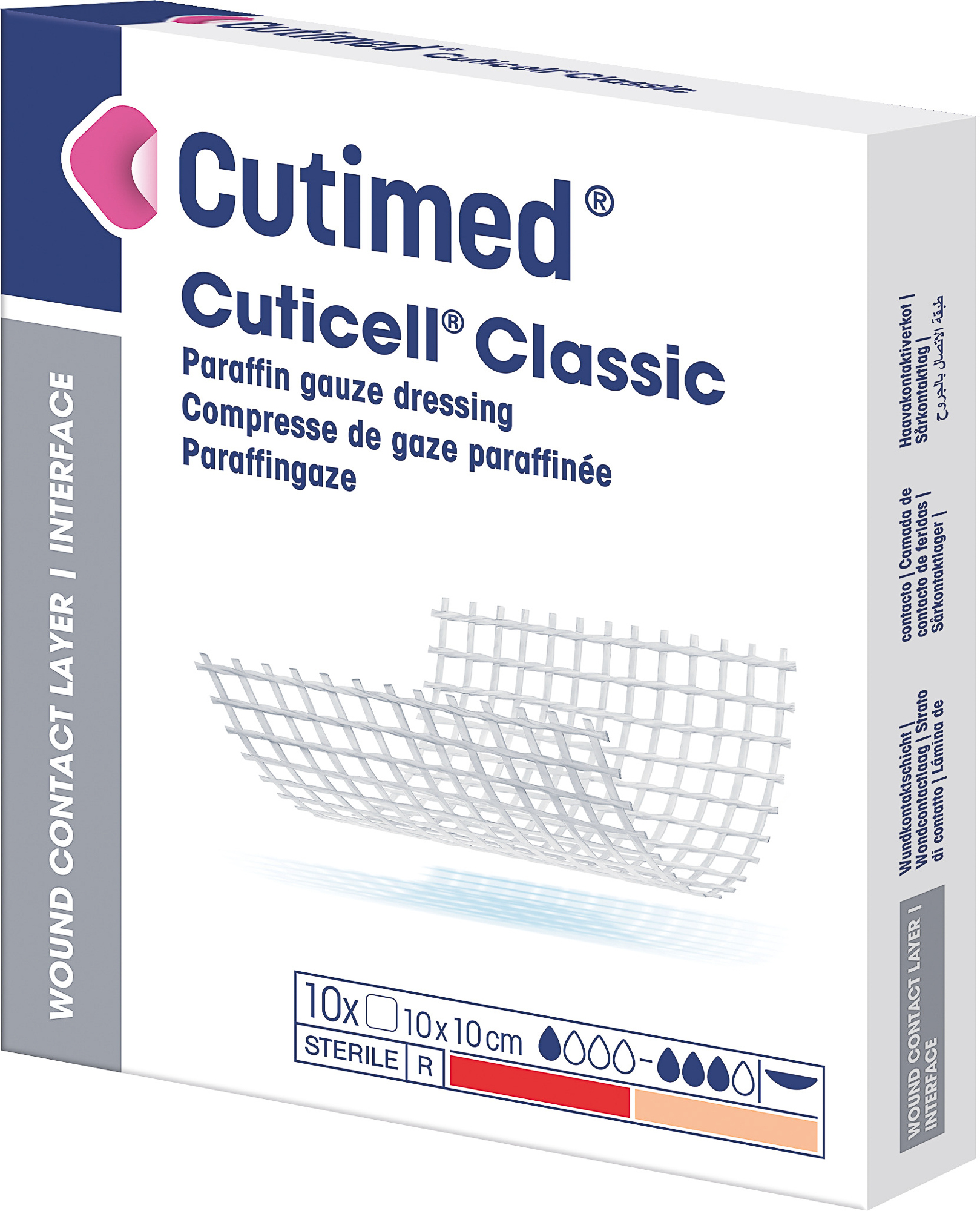
Sterile, non-medicated, paraffin gauze dressing with open weave.
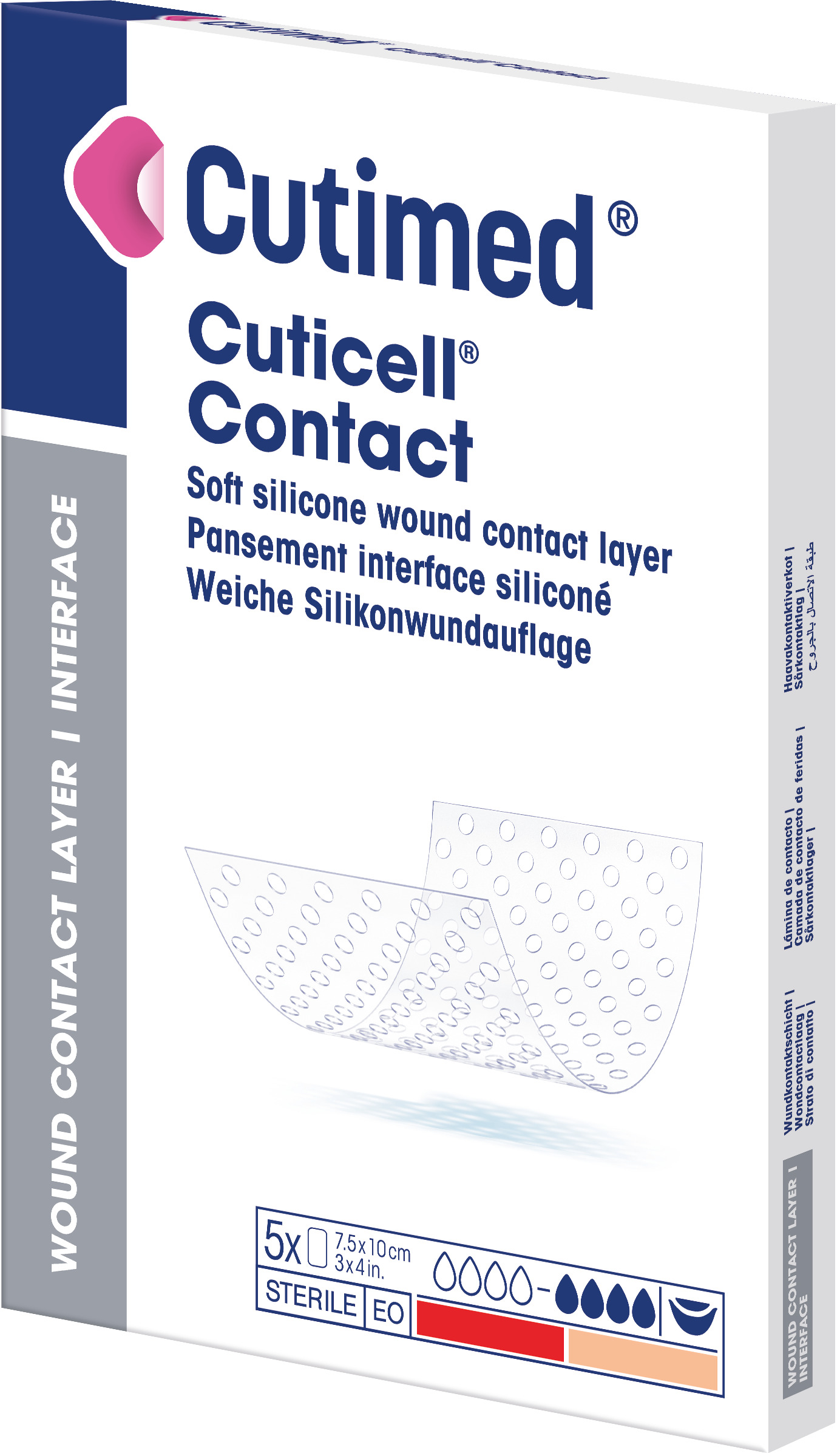
Primary wound contact layer consisting of an elastic and transparent polyurethane film coated with soft silicone.
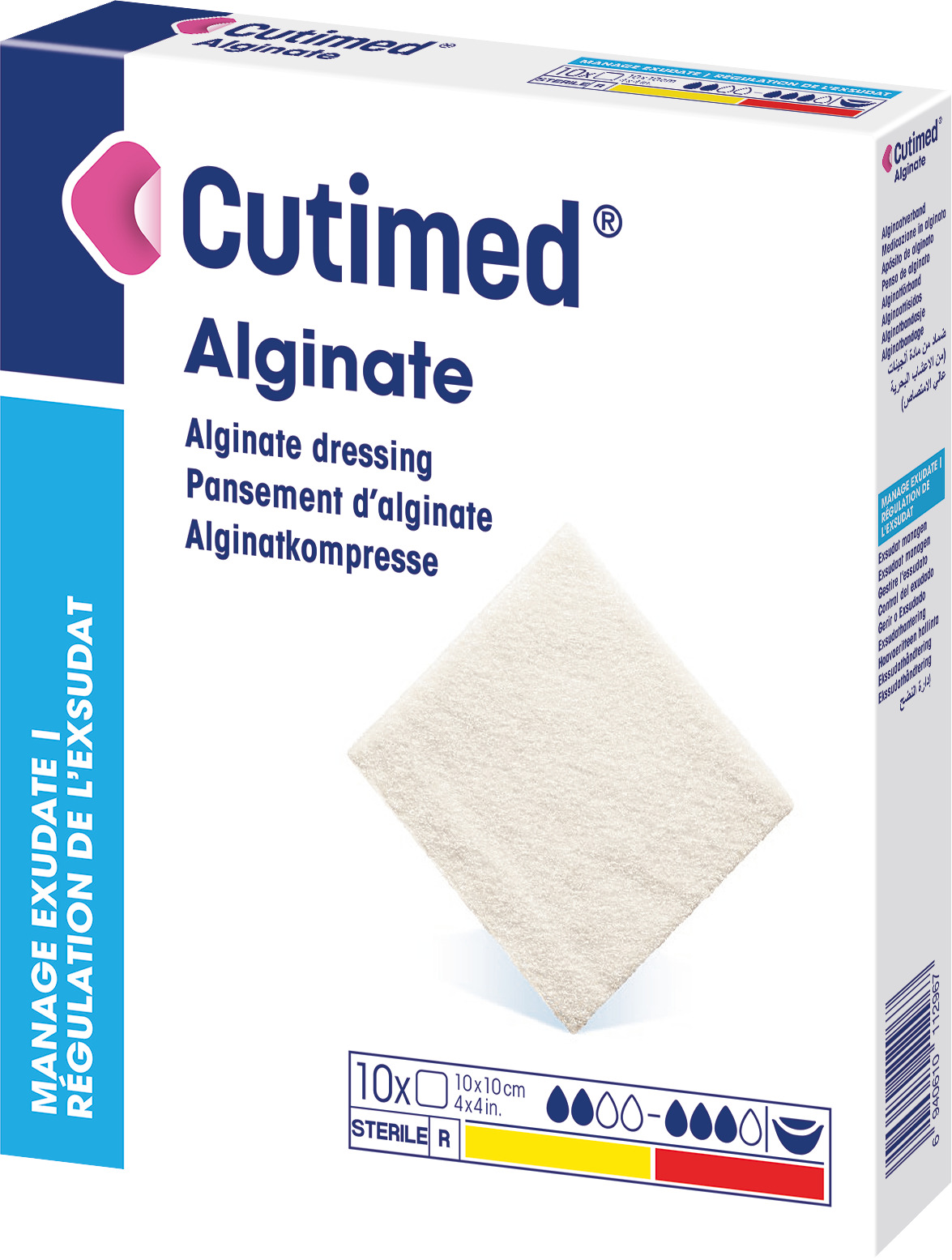
Sterile, non-medicated alginate dressing, consisting of calcium and sodium alginate.
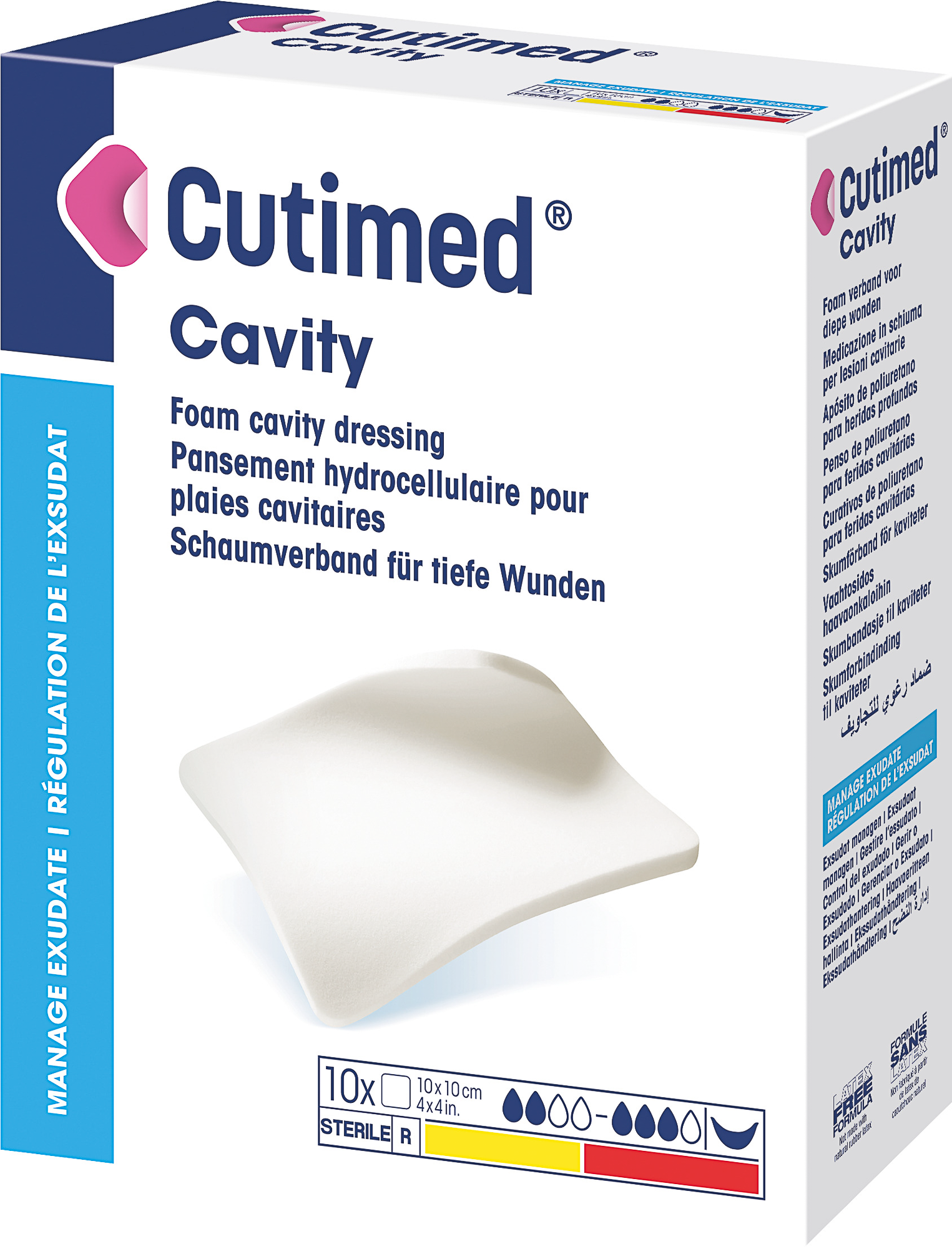
Sterile single-use dressing made from hydrophilic, absorbent polyurethane foam.
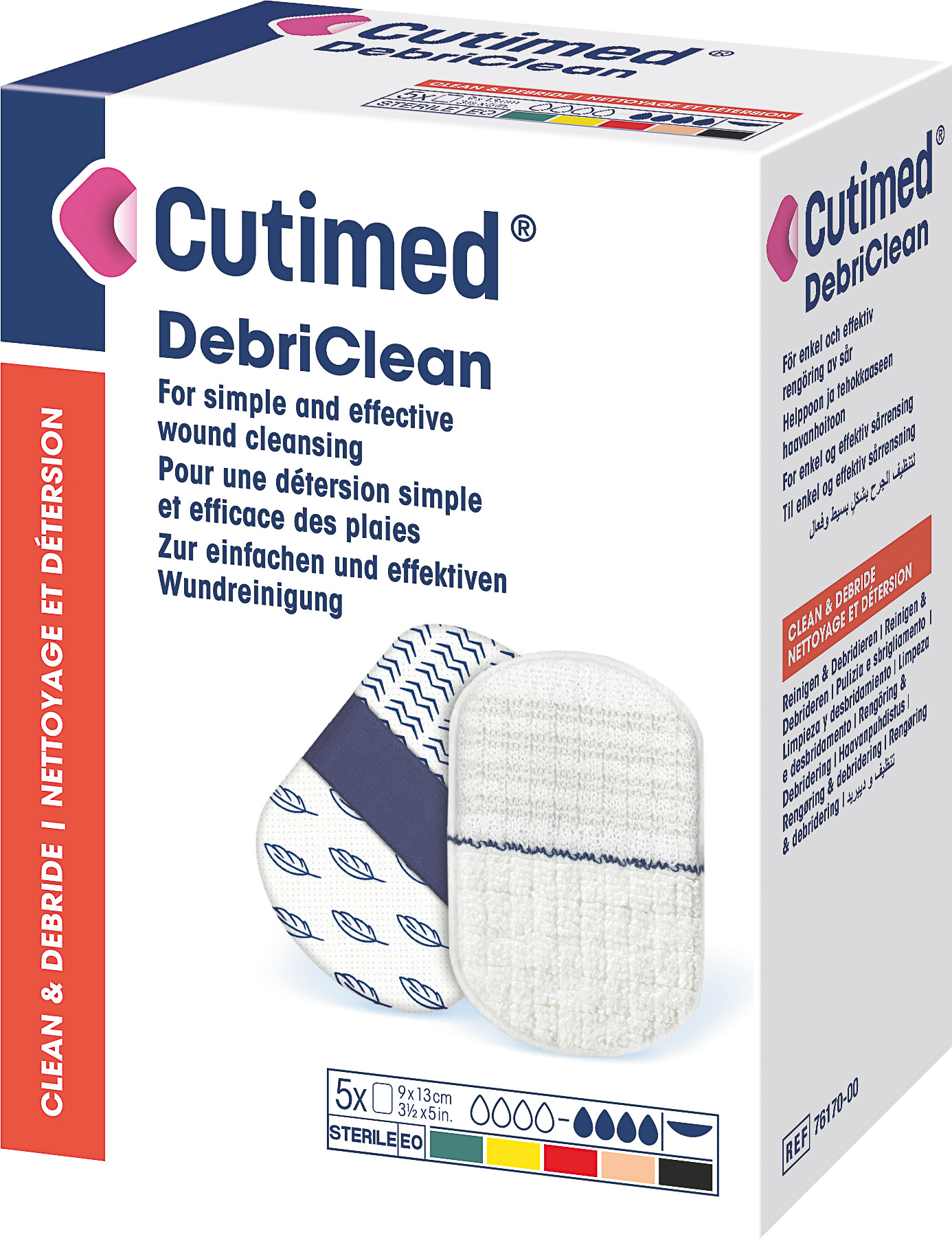
Mechanical debridement pad to support wound-bed preparation. The gentle looped monofilament fibres are specially designed to remove and retain slough, biofilm and bacteria
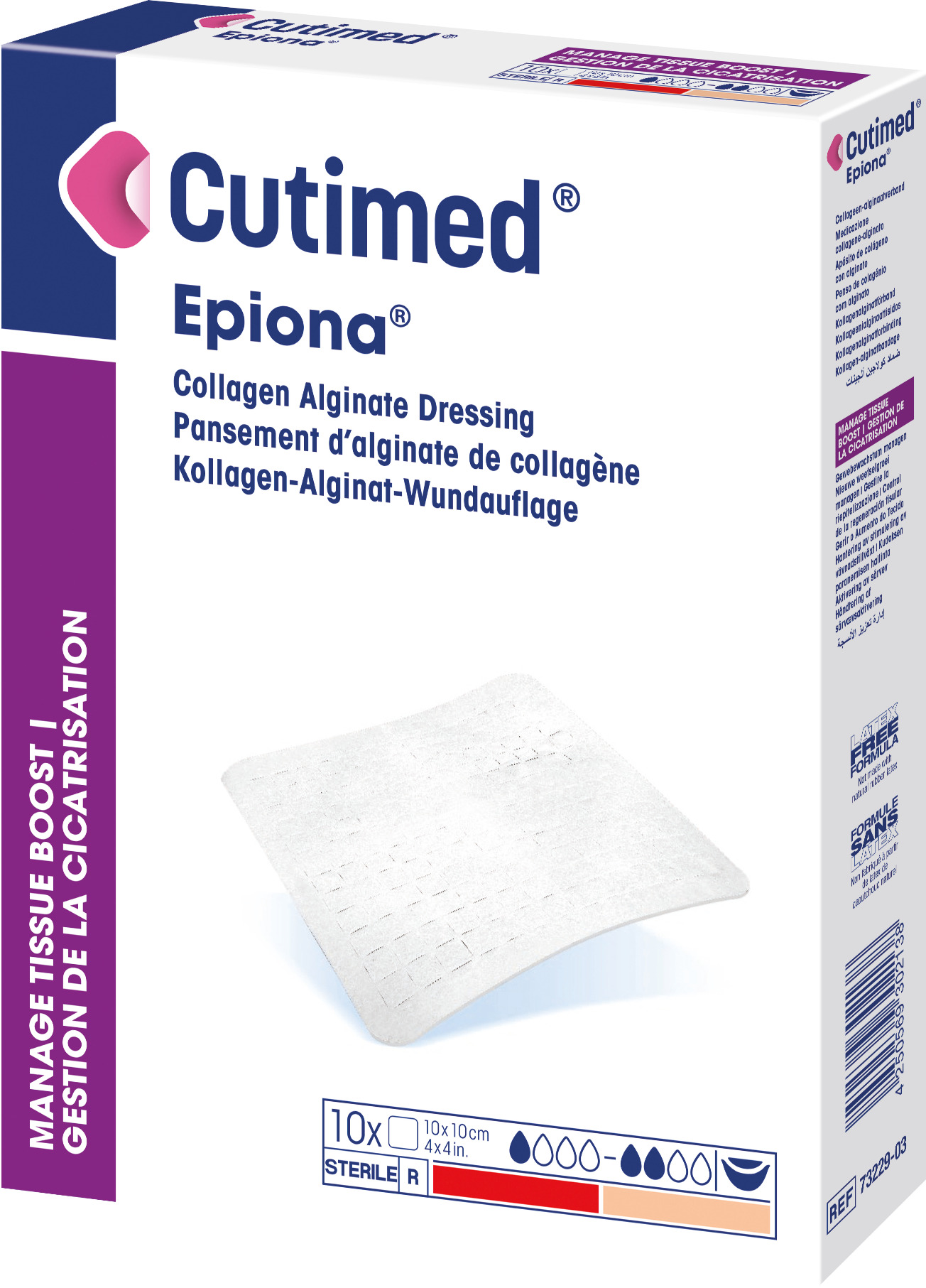
Wound dressing for local interactive wound treatment, comprising a sterile, freeze-dried matrix consisting of collagen and calcium alginate.
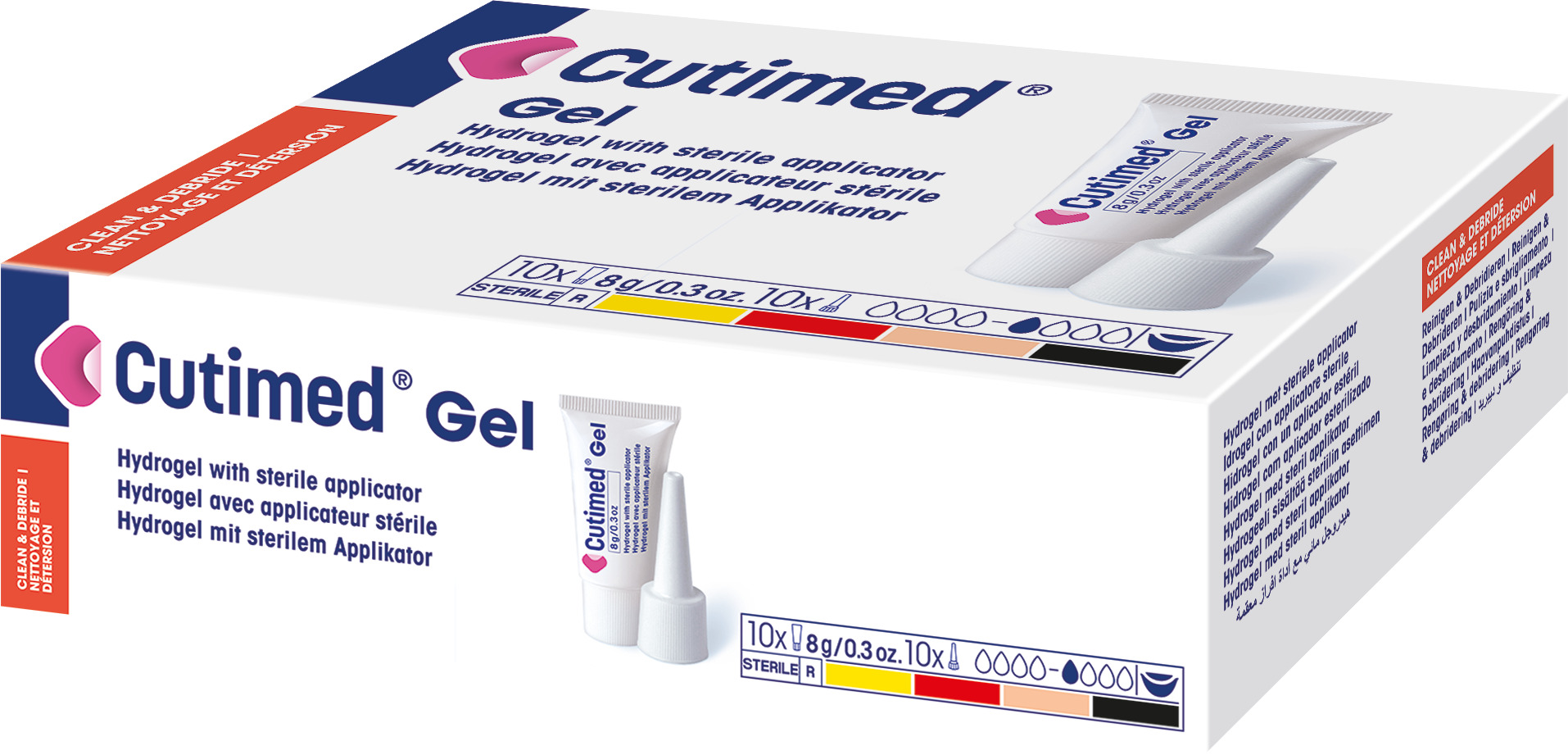
Transparent, amorphous hydrogel that supports a moist wound environment and thereby contributes to autolytic wound cleansing.
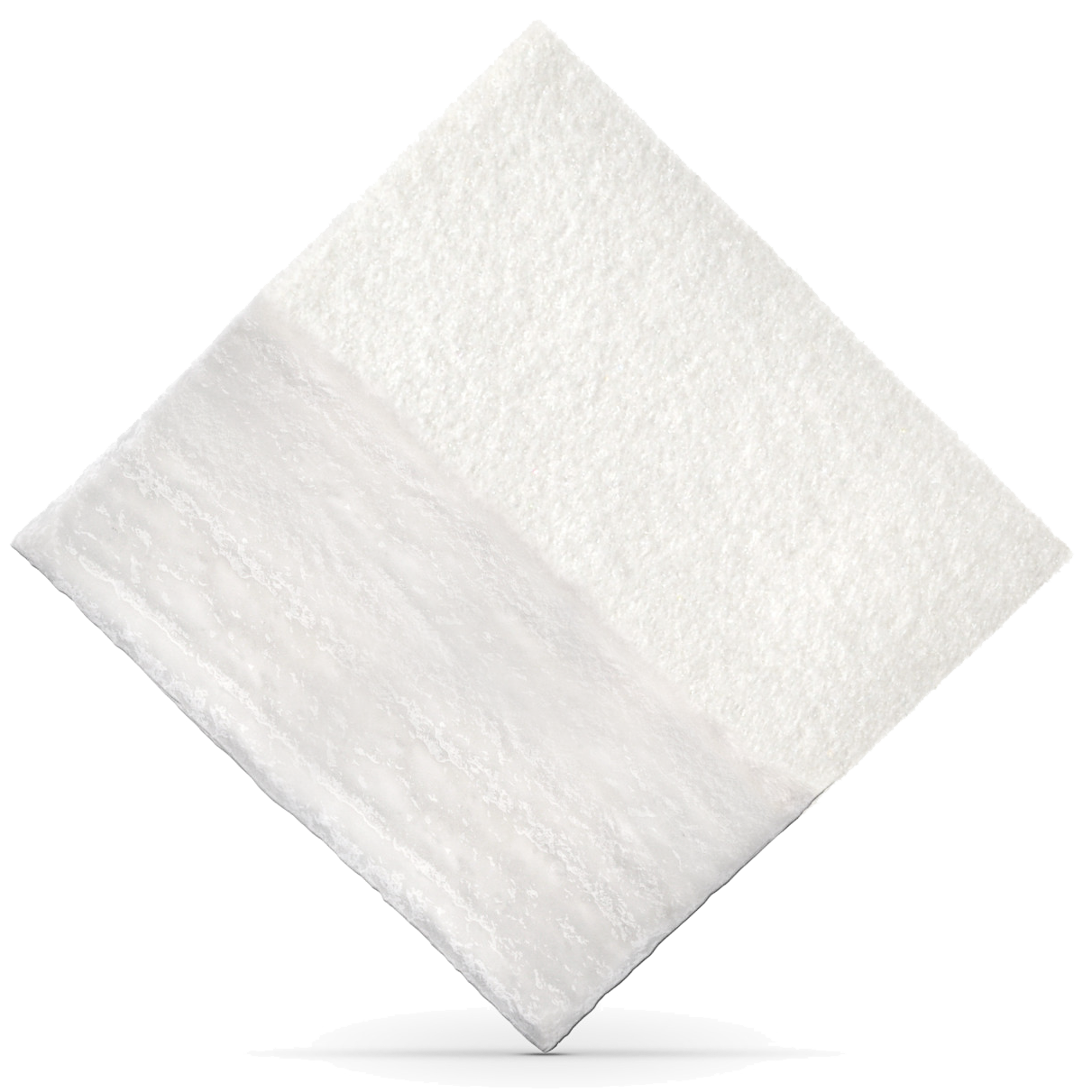
Conformable cellulose dressing with enhanced fibres for strengthening. Adapts to wound bed and transforms wound fluid into a soft gel to support healing and removal of non-viable tissue.